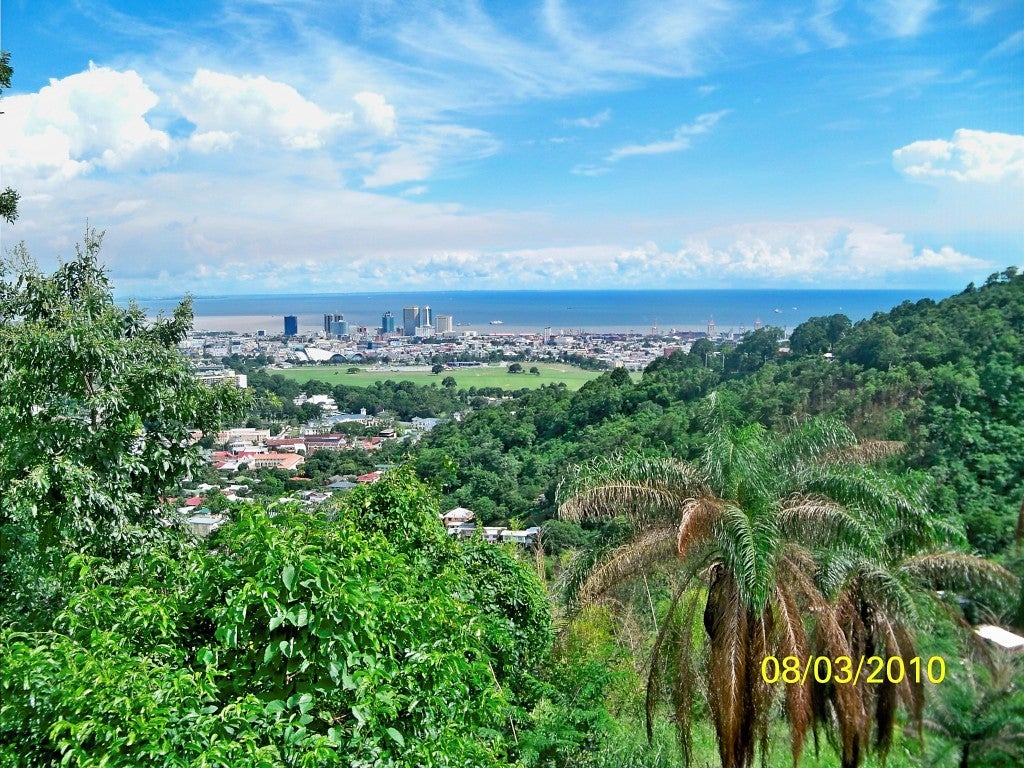Photo author Magda Theodate
PART I of II
In December 2013, the IDB conducted a multi-country procurement operational efficiency analysis to identify factors that cause project implementation delays. The study revealed key issues affecting project execution, and despite the IDB’s excellent work since to strengthen and adopt national procurement systems, the subject is worth revisiting.
Over the last decade in the Caribbean, development institutions have invested millions of US$ to “create procurement capacity,” enhance local procurement standards, and optimize value chains for “sustainable procurement.” These investments, in the form of traditional loans, grants, policy based lending, and technical assistance, have brought procurement to the forefront of public sector reforms. Much progress has been made, and procurement has gone from a transactional, to a strategic function. Today, there are professional procurement training centres of excellence across the region. Further, on the pioneering heels of top regional centres such as the Caribbean Procurement Institute, University of the West Indies, and others, the Caribbean will soon have a new Regional Procurement Centre focused on capacity building. Yet, there is still work to be done to maximize government purchasing power.
Although many Caribbean countries have taken on the challenge of modernizing their procurement systems thru new legislation, or endeavouring to create electronic platforms, to date, few have seen the cost savings, dynamic private-sector interactions, and speed improvements that have long been proclaimed as the assured results of such overhauls. So what are some possible solutions for this conundrum? The answers depend on the perspective from which you view the issues.
1/ Measure impact, rather than methods
The results framework approach for procurement forces institutional project teams to stick to conventional procurement methods when designing projects because they are easier to measure than less conventional ones that may have a better quality impact. There is little to no incentive to take even limited risks.
Much like standardized testing has become a supposed panacea to public school assessments, and praise (or scorn) in some countries, so has results-based management become the magic pill for making projects seem successful. The approach has obligated governments and development partners to strongly focus on traditional inputs that bring measurable results. That’s great, in principle, however, not all procurement lends itself to fitting nicely into standard frameworks.
In a development context, it is often non-conventional procurement methods that tend to be more efficient and aligned with sustainability goals. Projects such as citizen security, neighbourhood economic renewal, recycling, or even erosion management, could all have solid efficiency gains through non-conventional methods such as community procurement; restricted national competition; lease-versus-buy; or even indirect buy/pooled procurement options between agencies or between CARICOM countries. These lend themselves well to the Caribbean context, while achieving the procurement goals, and having positive externalities (ex. involving local communities in urban renewal, encouraging vendor service accountability with local government, and creating employment).
2/ Prepare local markets to compete in an international environment
Caribbean governments, and governments of developing economies in general, can and should use their public purchasing power to directly promote domestic/local industry’s participation in procurement, where there is a comparative advantage (e.g., tourism, agro-bio products, information services, to name a few).
Certainly “open, fair, and transparent” competition in government procurement are values to be strictly upheld. Nonetheless, developed economies often use soft credits, subsidies, and tax breaks to encourage their national firms to participate in international markets, and governments of developing economies have a responsibility to analyse how to best use their resources to promote industries that can compete on equal footing with foreign competitors. If Caribbean governments only seek value for money as their sourcing aim, they will miss the opportunities procurement presents to link local industry to global technical expertise, increase intra-regional trade, and spur innovation through research and development.
Government procurement processes are carried out within the framework of laws, norms, rules and procedures established internationally and domestically, and each framework affects the effectiveness of project implementation. Under the General Agreement on Tariffs and Trade (GATT), as well as the General Agreement in Trade in Services (GATS), to which 14 Caribbean countries acceded, government procurement is explicitly excluded. That is why the plurilateral Agreement on Government Procurement (GPA) was later established, along with special and differential treatment afforded to developing countries that have signed the GPA. The aforementioned exclusion means the WTO’s founding legal principle of non-discrimination between domestic goods and services compared to foreign ones, does not automatically apply to all government procurement. In a globalized society, that is not protectionism, it’s smart development policy.
If applied in a transparent and clear manner, a harmonized policy to promote local industry comparative advantages in public procurement, could see significant competitiveness gains for the region.
Stay tuned for Part II.
Follow us on Twitter: @IDB_CarDevTrend


Very interesting and insightful. Thanks for sharing your valuable knowledge and experience in this very important topic for development projects.